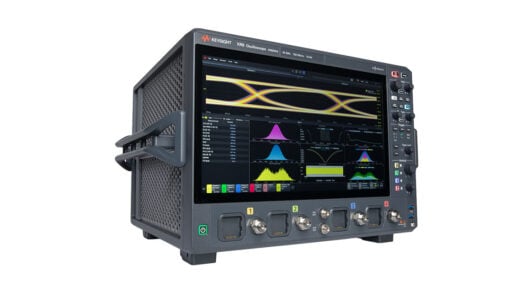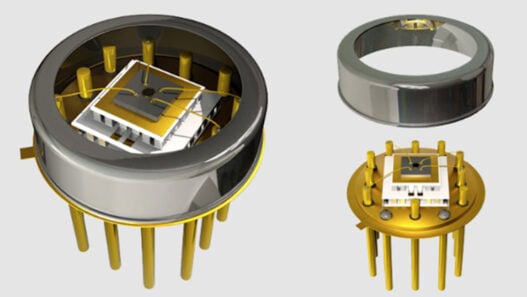Posing the question, “What if you could type directly from your brain?”, Dugan shared a video demo of a patient with ALS typing with just her mind through a pea-sized brain neural prosthetic at about eight words per minute.
While such technology would be a major benefit to patients with communicative disorders or neurological diseases like ALS, Dugan commented that Facebook’s larger vision for BCIs is a mode of communication called ‘silent speech,’ in which the thoughts you wish to share are transmitted silently through a BCI and decoded as text at 100 words per minute, giving you the speed and flexibility of your voice, but with the privacy of typed text.
Such a system could also play a role in AR and language translation. This would be accomplished through advanced, non-invasive optical imaging sensors that have yet to be developed.
Dugan also talked about a project that allows users to “hear” through their skin via haptic sensations delivered through an armband consisting of actuators tuned to 16 frequency bands. Each word is translated into a haptic pattern for the user to decode, similarly with the way that Braille letters can be decoded with a reader’s fingers.
By combining the BCI with the haptic speech system, Dugan illustrated that one person could mentally communicate a word in Mandarin while the other person felt the word in Spanish. Such an application of neurotechnology could change social behaviours, but could also vastly improve the quality of life for those suffering from hearing disorders, speech impediments, vision impairments, and neurological diseases.







